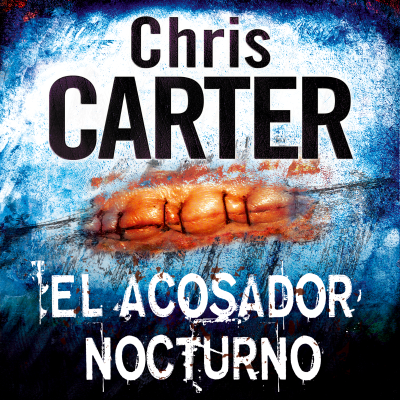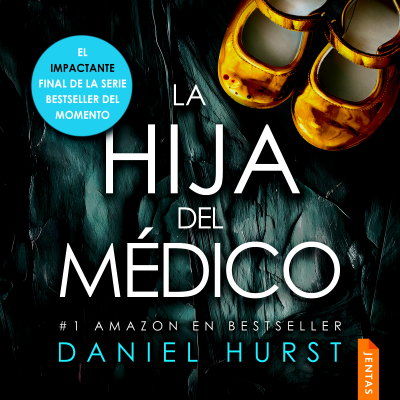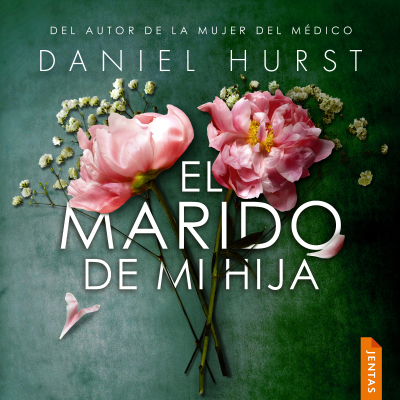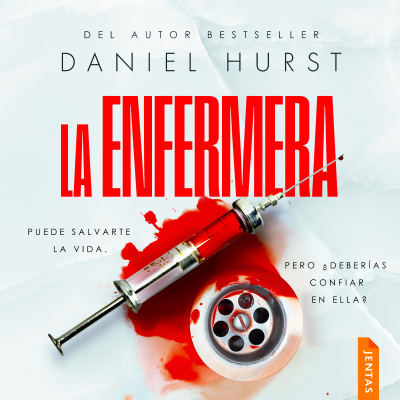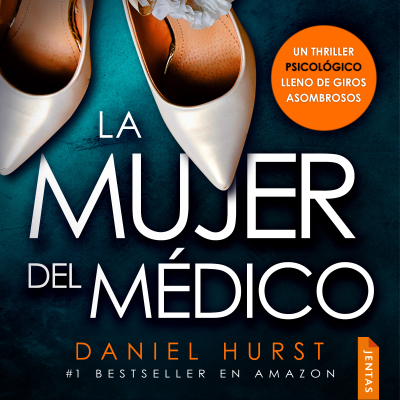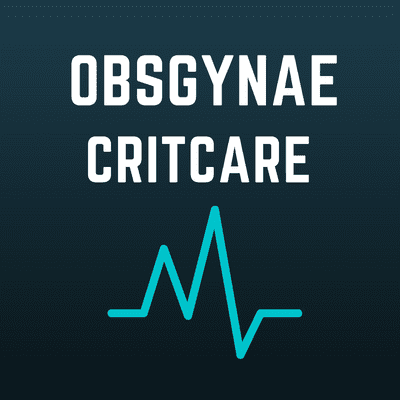
Obsgynaecritcare
inglés
Tecnología y ciencia
Oferta limitada
2 meses por 1 €
Después 4,99 € / mesCancela cuando quieras.
- 20 horas de audiolibros / mes
- Podcasts solo en Podimo
- Podcast gratuitos
Acerca de Obsgynaecritcare
A podcast discussing critical care, anaesthesia and pain medicine in obstetrics and gynaecology
Todos los episodios
150 episodios149 Rheumatic heart disease in pregnancy part 2
[https://www.obsgynaecritcare.org/wp-content/uploads/2025/12/mitral-stenosis.gif] Hypothetical Case: You are called to MFAU to see a woman who has just arrived via RFDS (royal flying doctor service) She is a 23 y.o indigenous woman from the Kimberley in the far north of WA. She is 33/40 G1P0 complex social history and possible substance use disorders She has PPROM (pre term premature rupture of membranes) and suspected early chorioamniotis and has been given antibiotics / nifedipine and a few litres of crystalloid fluid during the flight. The obstetric team have evaluated her – she has small for gestational age baby, and is complaining of dyspnoea. Her observations are: HR 110, NIBP 124/60, SpO2 91% on room air, T38.1 Her bloods are relatively normal except for an unexpected high BNP. You do a focussed bedside transthoracic ECHO and unexpectedly see on the PLAX (parasternal long axis view) a classical hockey stick / domed appearance of severe mitral stenosis. She also has Pulmonary B-lines (indicating pulmonary oedema) and a flattened interventricular septum, very large atrium & doppler through the tricuspid valve confirms severe pulmonary hypertension. The team decides she would be better cared for in a hospital with cardiothoracic services – however she suddenly becomes more breathless – SpO2 86% on oxygen, NIBP 80/40 HR 125, and there is a prolonged foetal bradycardia………………… Hi Everyone, This week I am joined by Dr Clinton Ellis, a cardiothoracic anaesthetist based in Sir Charles Gairdner Hospital, and Graeme. We discuss the management of rheumatic heart disease in pregnancy – a challenging condition which unfortunately is still relatively prevalent amongst indigenous women here in Australia. This was a wide ranging discussion so I have decided to split this into two 40min episodes. Even though we talk for over 80min I feel like we just scratched the surface on this! If you have any questions or comments send them through – I will try and get Clinton to answer them. Finally a huge shout out and thank you to the Darwin based authors of the ANZCA 2023 Blue Book article on this condition: Namrata Jhummon-Mahadnac, Matthew Mathieson, and Akshay Hungenahally! See the link to their well written narrative review on this topic below: REFERENCES Australasian Anaesthesia 2023 (aka the Blue Book) – see page 39 “Obstetric anaesthesia in rheumatic heart disease – a unique perspective from the Top End” [https://www.anzca.edu.au/getContentAsset/f1a580a9-36db-4c77-aa46-37d9f7e88f0b/80feb437-d24d-46b8-a858-4a2a28b9b970/Blue_Book_COMBINED_DIGITAL_v2.pdf?language=en] Oral vaccine could prevent rheumatic heart disease in NZ [https://www.heartfoundation.org.nz/about-us/news/stories/oral-vaccine-could-prevent-rheumatic-heart-disease-in-nz] VIDEO: Researchers close to a vaccine for strep-A and rheumatic heart disease [video: Researchers close to a vaccine for strep-A and rheumatic heart disease]
148 Rheumatic heart disease in pregnancy part 1
[https://www.obsgynaecritcare.org/wp-content/uploads/2025/12/Prevalence-Rheumatic-Heart-disease-Australia.jpg] Hypothetical Case: You are called to MFAU to see a woman who has just arrived via RFDS (royal flying doctor service) She is a 23 y.o indigenous woman from the Kimberley in the far north of WA. She is 33/40 G1P0 complex social history and possible substance use disorders She has PPROM (pre term premature rupture of membranes) and suspected early chorioamniotis and has been given antibiotics / nifedipine and a few litres of crystalloid fluid during the flight. The obstetric team have evaluated her – she has small for gestational age baby, and is complaining of dyspnoea. Her observations are: HR 110, NIBP 124/60, SpO2 91% on room air, T38.1 Her bloods are relatively normal except for an unexpected high BNP. You do a focussed bedside transthoracic ECHO and unexpectedly see on the PLAX (parasternal long axis view) a classical hockey stick / domed appearance of severe mitral stenosis. She also has Pulmonary B-lines (indicating pulmonary oedema) and a flattened interventricular septum, very large atrium & doppler through the tricuspid valve confirms severe pulmonary hypertension. The team decides she would be better cared for in a hospital with cardiothoracic services – however she suddenly becomes more breathless – SpO2 86% on oxygen, NIBP 80/40 HR 125, and there is a prolonged foetal bradycardia………………… Hi Everyone, This week I am joined by Dr Clinton Ellis, a cardiothoracic anaesthetist based in Sir Charles Gairdner Hospital, and Graeme. We discuss the management of rheumatic heart disease in pregnancy – a challenging condition which unfortunately is still relatively prevalent amongst indigenous women here in Australia. This was a wide ranging discussion so I have decided to split this into two 40min episodes. Even though we talk for over 80min I feel like we just scratched the surface on this! If you have any questions or comments send them through – I will try and get Clinton to answer them. Finally a huge shout out and thank you to the Darwin based authors of the ANZCA 2023 Blue Book article on this condition: Namrata Jhummon-Mahadnac, Matthew Mathieson, and Akshay Hungenahally! See the link to their well written narrative review on this topic below: REFERENCES Australasian Anaesthesia 2023 (aka the Blue Book) – see page 39 “Obstetric anaesthesia in rheumatic heart disease – a unique perspective from the Top End” [https://www.anzca.edu.au/getContentAsset/f1a580a9-36db-4c77-aa46-37d9f7e88f0b/80feb437-d24d-46b8-a858-4a2a28b9b970/Blue_Book_COMBINED_DIGITAL_v2.pdf?language=en] Oral vaccine could prevent rheumatic heart disease in NZ [https://www.heartfoundation.org.nz/about-us/news/stories/oral-vaccine-could-prevent-rheumatic-heart-disease-in-nz] VIDEO: Researchers close to a vaccine for strep-A and rheumatic heart disease [VIDEO: Researchers close to a vaccine for strep-A and rheumatic heart disease]
147 Pain during caesarean a discussion with Matt
Hi everyone, Pain during caesarean is a very challenging and distressing event – for the patient, their partner, the anaesthetist and all the staff present in theatre. This week we catch up with Matt Rucklidge, who recently gave a presentation on this topic at the obstetric anaesthesia meeting in London. We discuss why this has become a “hot topic” in the anaesthesia world in recent times, what is the true incidence, and many other aspects of this difficult topic. REFERENCES The following is a first person narrative story from a patient with commentary from an uninvolved obstetric anaesthetist. Disappointingly from elselvier this article is unfortunately not open access but is well worth a read: Stanford SE, Bogod DG. Failure of communication: a patient’s story. Int J Obstet Anesth. 2016 Dec;28:70-75. doi: 10.1016/j.ijoa.2016.08.001. Epub 2016 Aug 23. PMID: 27717633. [https://www.obstetanesthesia.com/article/S0959-289X(16)30065-6/abstract] Podcast: The Retrievals Season 2 from NY Times [Podcast: The Retrievals Season 2 from NY Times] Prevention and management of intraoperative pain during Caesarean sectionOrbach-Zinger, S. et al.BJA Education, Volume 25, Issue 2, 50 – 56 [https://www.bjaed.org/action/showCitFormats?doi=10.1016%2Fj.bjae.2024.09.006&pii=S2058-5349%2824%2900111-2]
146 Current challenges and research directions in sepsis
Hi everyone, Sepsis is an important cause of mortality and morbidity in our patients. It is common but can be difficult to diagnose, challenging to manage and sometimes downright scary. After being inspired by listening to an episode from “The Critical Care Commute Podcast” (with Dr Mervyn Singer a UK intensivist involved in sepsis 3.0), Graeme and I sit down to discuss some of these thought provoking areas of sepsis which are controversial and are still actively being researched. Thanks again Graeme! REFERENCES The Critical Care Commute Podcast [https://criticalcarecommute.com]
145 ERAS a discussion with Dr Jen Kielty
Hi Everyone, This week I am joined by Dr Jen Kielty to discuss ERAS – Enhanced Recovery After Surgery. Jen has been helping us with the introduction of ERAS here at our hospital and also shares her experience with the introduction of ERAS into obstetrics at two hospitals back in Ireland. What is ERAS? Why is ERAS good for patients and good for the hospital? What are the components of an ERAS program? A big shout out to Dr Chloe Ayres here at KEMH as the champion for this initiative. Chloe has done a huge amount of work to make this a success here in our gynae-oncology patients and without her enthusiasm it probably would never have happened. Another big acknowledgement to my wife Andrea, who as the inaugural ERAS nurse has also had to do an amazing amount of work with staff and patients to make it a success! REFERENCES ERAS Society guidelines for Obstetrics and Gynaecology [https://erassociety.org/specialty/gynaecology/]
Elige tu suscripción
Oferta limitada
Premium
20 horas de audiolibros
Podcasts solo en Podimo
Podcast gratuitos
Cancela cuando quieras
2 meses por 1 €
Después 4,99 € / mes
Premium Plus
100 horas de audiolibros
Podcasts solo en Podimo
Podcast gratuitos
Cancela cuando quieras
Disfruta 30 días gratis
Después 9,99 € / mes
2 meses por 1 €. Después 4,99 € / mes. Cancela cuando quieras.


















